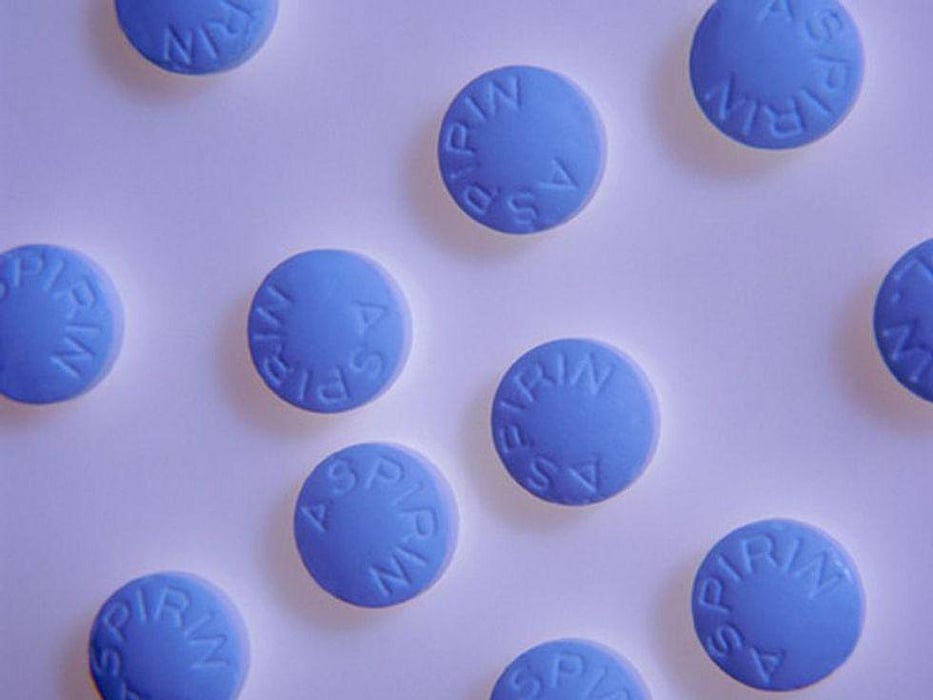USPSTF: Do Not Start Low-Dose Aspirin to Prevent CVD in 60+

TUESDAY, April 26, 2022 (HealthDay News) -- The U.S. Preventive Services Task Force (USPSTF) recommends that the decision to initiate low-dose aspirin for primary prevention of cardiovascular disease (CVD) events should be individualized among those aged 40 to 59 years and is not recommended for those aged 60 years or older. These recommendations form the basis of a final recommendation statement, published in the April 26 issue of the Journal of the American Medical Association.
Janelle M. Guirguis-Blake, M.D., from the Kaiser Permanente Evidence-based Practice Center in Portland, Oregon, and colleagues conducted a systematic review of the benefits and harms of aspirin in primary prevention of CVD. Data from 11 randomized controlled trials (134,470 participants) and one pilot trial (400 participants) were included in the quantitative synthesis. The researchers found a significant decrease in major CVD events in association with low-dose aspirin (odds ratio, 0.90). For individual CVD outcomes, the results were significant, with a similar magnitude of benefit. No significant reductions in CVD mortality or all-cause mortality were observed. Low-dose aspirin was associated with significant increases in total major bleeding (odds ratio, 1.44) and site-specific bleeding.
Based on these findings, the USPSTF concludes with moderate certainty that for adults aged 40 to 59 years with a 10 percent or greater 10-year CVD risk, aspirin use for primary prevention of CVD events has a small net benefit; consequently, the decision to initiate aspirin should be an individual one (C recommendation). For adults aged 60 years or older, initiating aspirin for primary prevention of CVD events has no net benefit (D recommendation).
"We want to emphasize that these recommendations are focused on starting aspirin to prevent a first heart attack or stroke," USPSTF member John Wong, M.D., said in a statement.
Final Recommendation Statement
Related Posts
In Good News for U.S., Flu Vaccine Working Well in South America
MONDAY, Sept. 11, 2023 (HealthDay News) – In a finding that should ease the...
Una ‘falla técnica’ está causando que los niños pierdan la cobertura de Medicaid
VIERNES, 1 de septiembre de 2023 (HealthDay News) -- Una “falla” en Medicaid...
Colds and Kids
Why does my child get so many colds? The common cold (also known as an upper...
Risk Factors for Dementia May Change With Age
FRIDAY, May 20, 2022 (HealthDay News) -- Dementia risk factors appear to shift...
